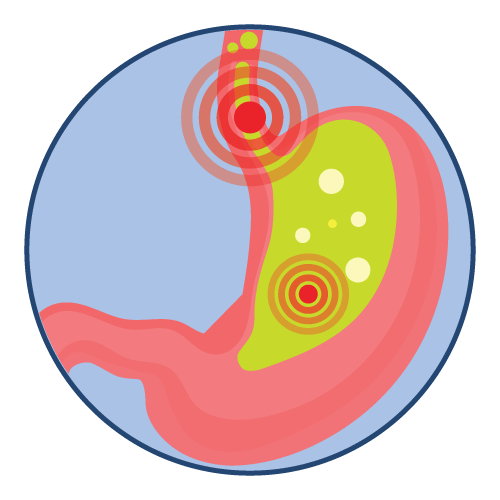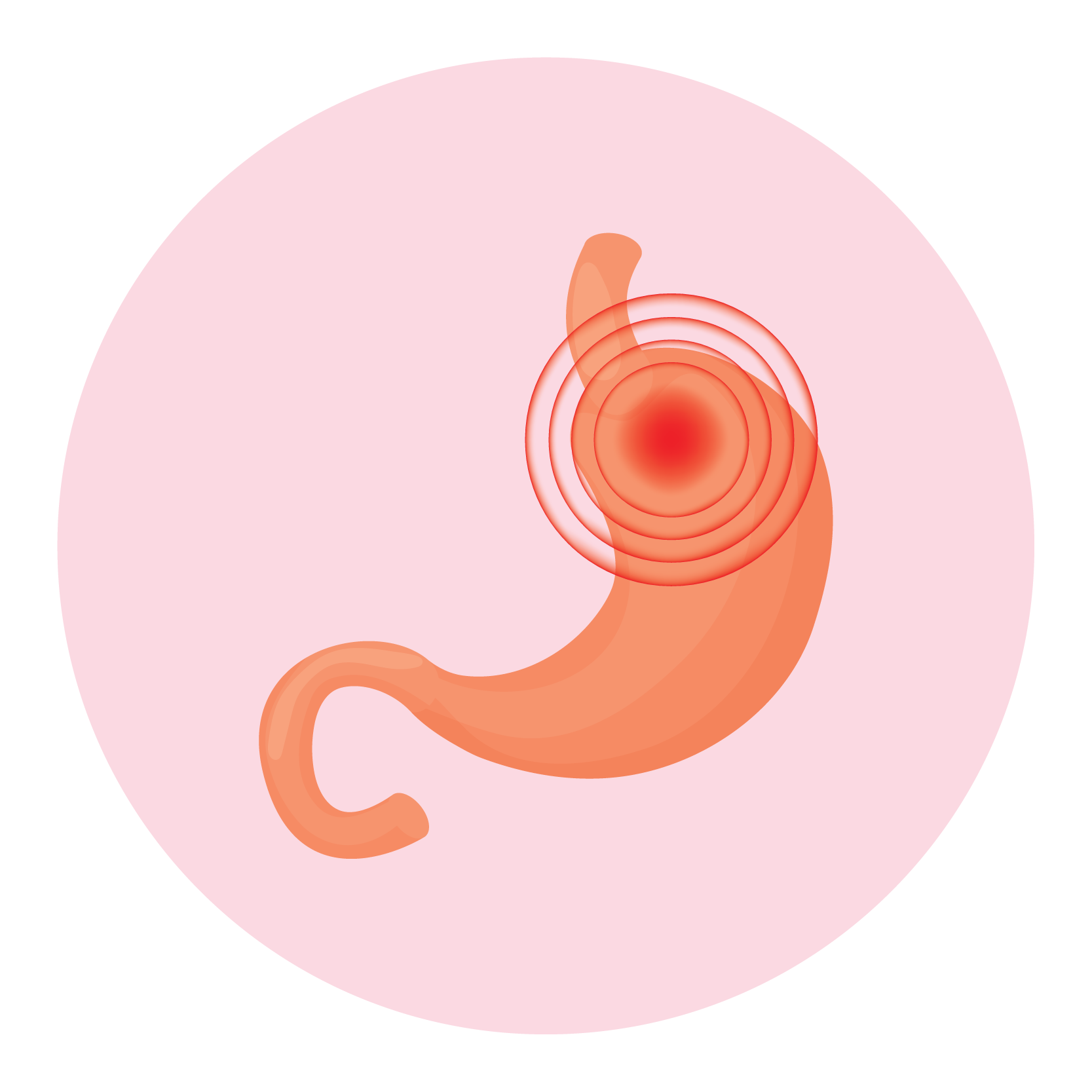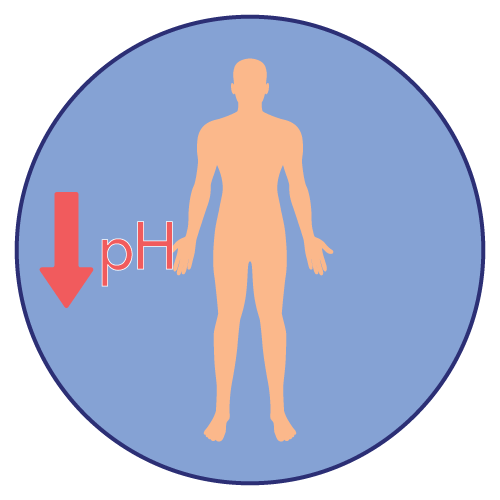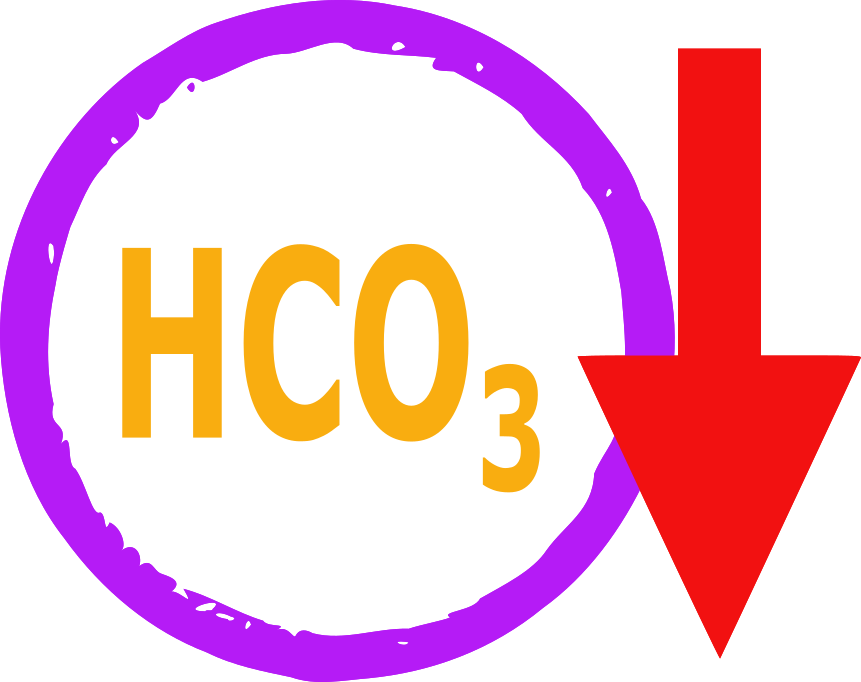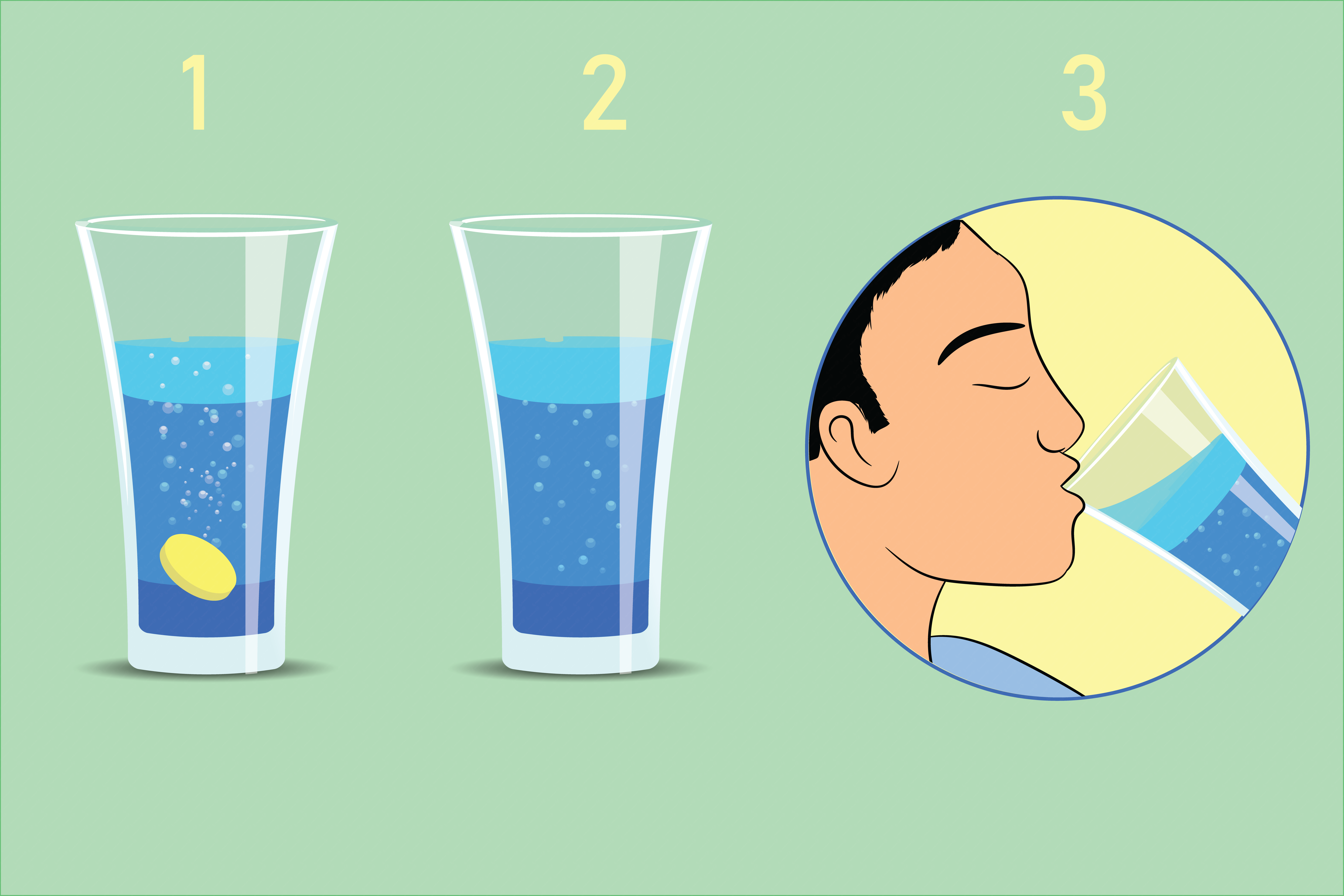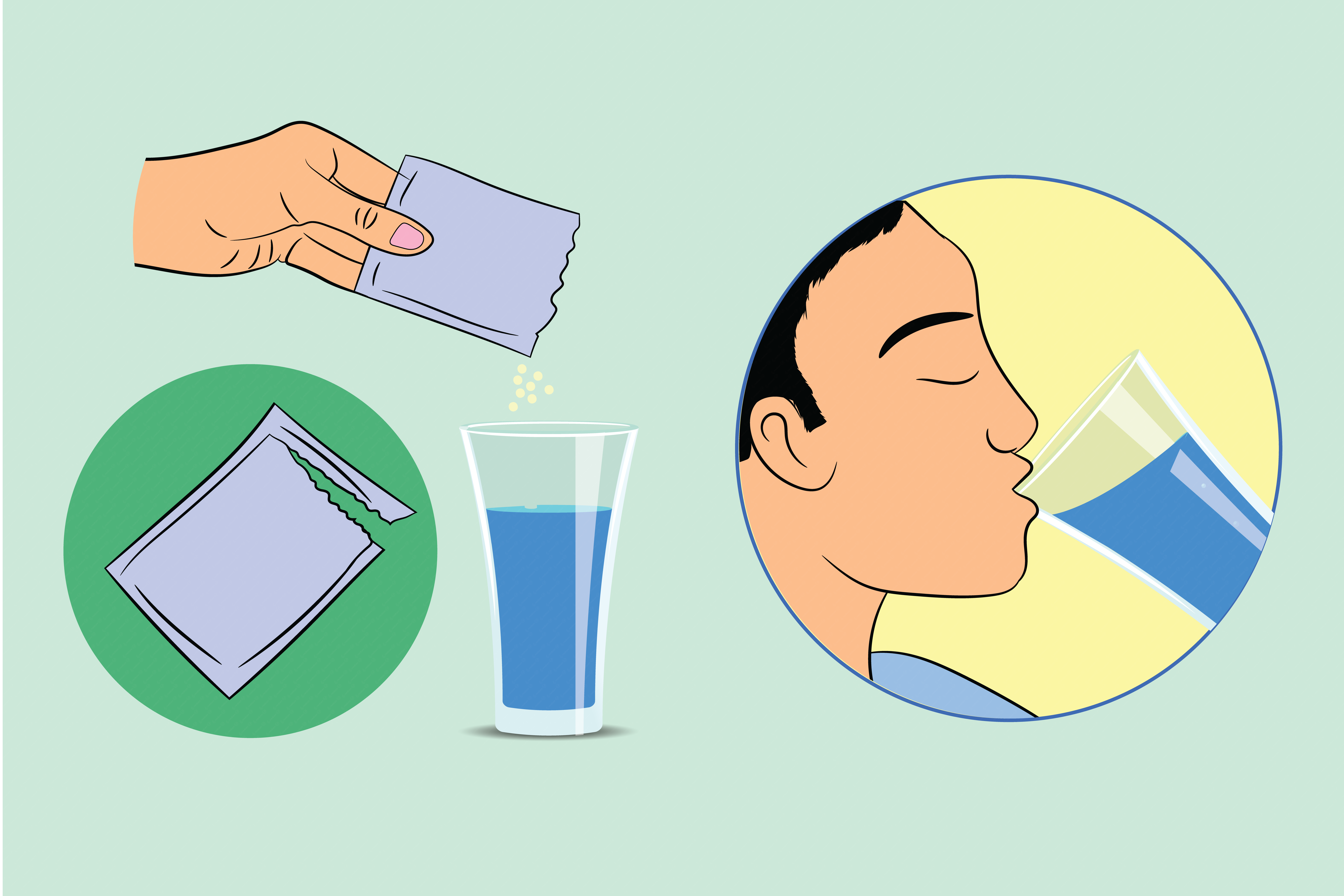| Name | Sodium Carbonate |
| Classes |
Antacid Gastrointestinal Agent |
| Diseases |
Bicarbonates Deficiency Electrolytic Imbalance Intoxification Metabolic Acidosis Stomach Upset |
Sodium Carbonate
Sodium Carbonate is the disodium salt of carbonic acid with alkalinizing property. When dissolved in water, sodium carbonate forms carbonic acid and sodium hydroxide. As a strong base, sodium hydroxide neutralizes gastric acid thereby acting as an antacid. It is mostly used with in combination with other drugs.
Sodium carbonate is used for the following conditions-
Sodium carbonate is available as IV infusion, effervescent granules/tablets and powder for solution (sachet) in combination with other drugs.
Oral: The usual dose is 300 mg to 2 grams, 1 to 4 times daily.
Intravenous (Severe metabolic acidosis):
- Adult: Sodium carbonate is given as a gradual injection of a hypertonic solution with a concentration of up to 8.4 percent (1000 mmol/L) or as a continuous infusion of a weaker solution with a concentration of 1.26 percent (150 mmol/L). During advanced cardiac life support operations, 50 mL of an 8.4 percent solution can be given to rectify acidosis.
- Elderly: Dosage adjustments may be required.
| Effervescent tablets | |
| Powder for solution |
In most cases, this medicine is well tolerated. High doses, on the other hand, might produce-
- headache
- nausea
- irritability
Contact your doctor or pharmacist if you have any other side effects not listed above.
Precautions should be exercise if you have any of the following conditions-
- Cardiac disease
- Renal dysfunction
- Hepatic dysfunction
- Hypertension
- Allergies
Contraindication
Contraindicated in patients hypersensitive to any components of the medication.
There's no knows contraindications of the drug in terms of food and drinks.
There's no knows contraindications of sodium carbonate in terms health conditions.
 Bangla
Bangla English
English